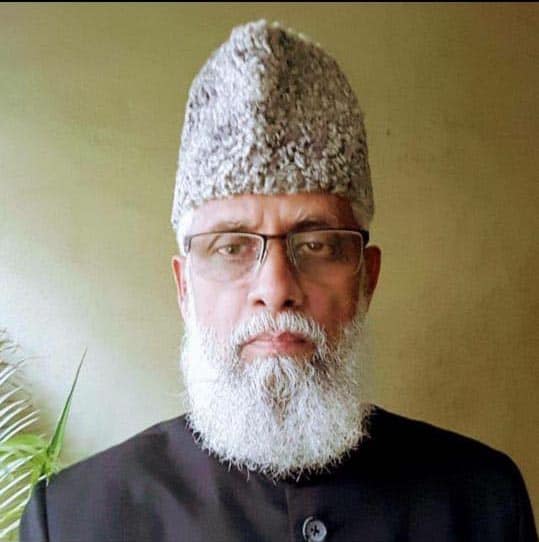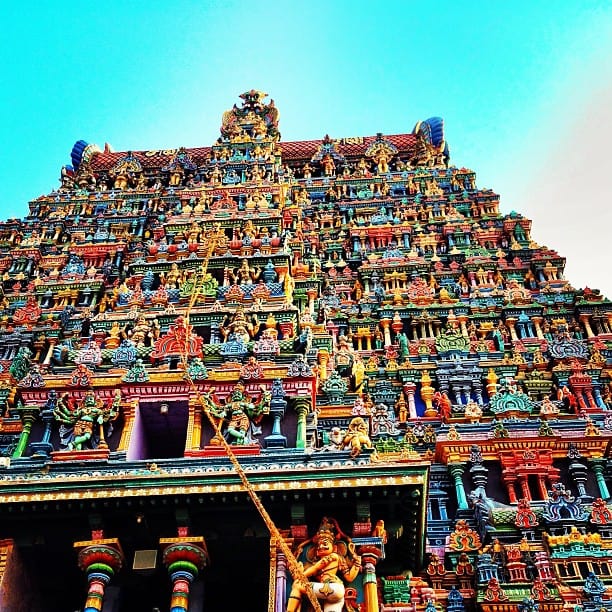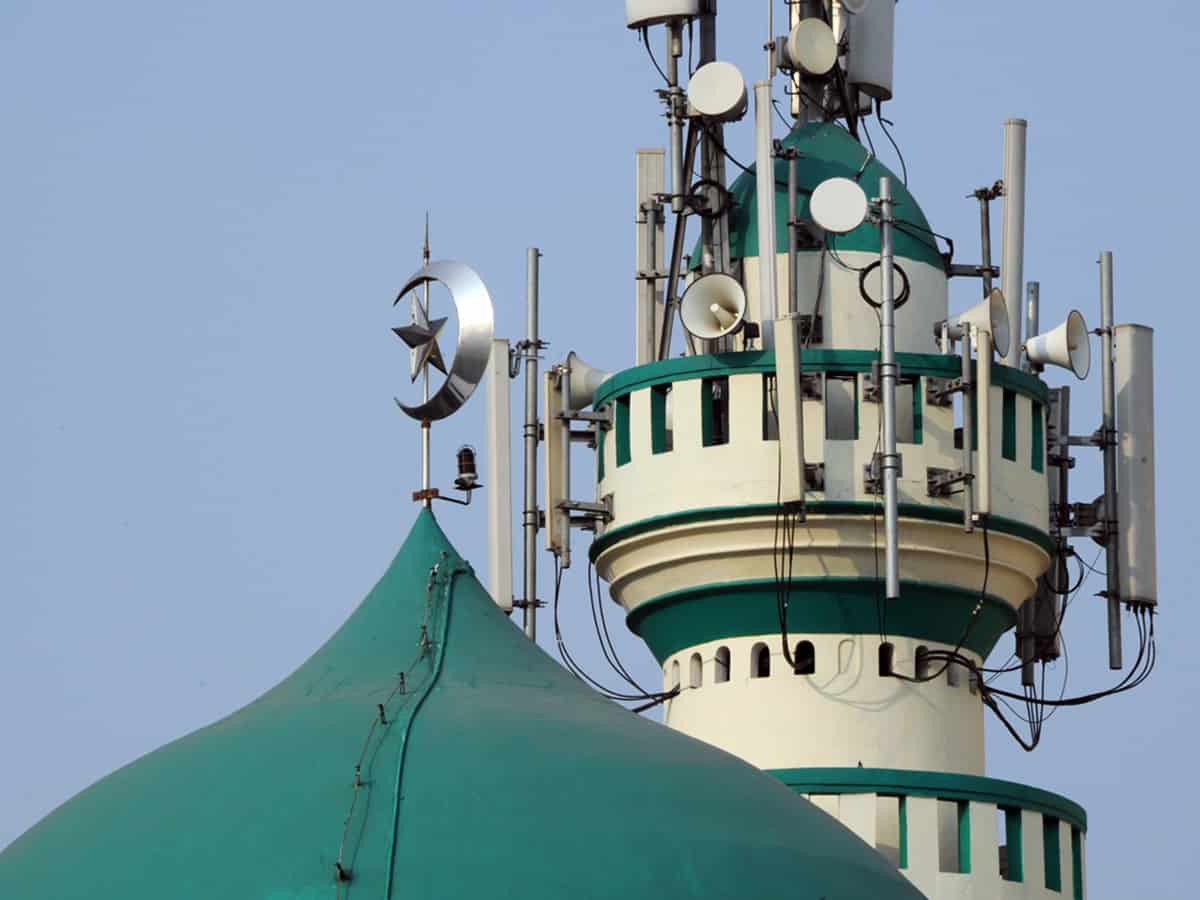
Disaffection – dissatisfaction, discontent, restlessness, alienation
Distancing – separating, isolating, setting apart
Social Distancing is the norm, now. Earlier, we distanced ourselves from the anti-social. Things are changing but… not Indian Penal Code.
s.43. “Illegal” is…everything which is an offence or prohibited by law or furnishes ground for civil action; a person is “legally bound to do” whatever it is illegal in him to omit.
s.52. Nothing is…done or believed in “good faith” if done/believed without due care and attention.
s.153A. Promoting enmity between different groups on ground of religion… etc., and doing acts prejudicial to maintenance of harmony.–(1) Whoever- (a) by words, either spoken or written, or…otherwise, promotes or attempts to promote, on grounds of religion, …caste, community or any other ground whatsoever, disharmony or feelings of enmity, hatred or ill-will between different religious…groups …, or (b) commits any act…prejudicial to maintenance of harmony between different religious…groups or castes or communities… likely to disturb the public tranquility, (c) organizes any exercise…drill or other similar activity …knowing it to be likely that …such activity for any reason whatsoever…is likely to cause fear or alarm or feeling of insecurity amongst members of such religious, …group…or community, shall be punished with imprisonment which may extend to three years, or with fine, or with both.
s.153B. Imputations, assertions prejudicial to national integration.–(1) Whoever, by words either spoken or written or…otherwise,- (a) makes or publishes any imputation that any class of persons cannot, by reason of their being members of any religious…group … bear true faith and allegiance to the Constitution of India …, or (b) asserts, …propagates or publishes that …members of any religious…group …or community be denied, or deprived of their rights as citizens of India, or (c) makes or publishes an assertion…concerning the obligation of any class of persons, by reason of their being members of any religious…group …and such assertion… …is likely to cause disharmony or feelings of enmity or hatred or ill-will between such members and other persons, shall be punished with imprisonment which may extend to three years, or with fine, or with both.
One gentleman created an unseemly “comparative controversy” asserting his organisation would take just days to mobilise while an Army would take six months, later explaining “mobilization vis-à-vis other civilians”. The question asked was why he was thinking of mobilising at all: Don Quixote had imaginary battles, war being strictly an armed forces matter operating under government, not a cultural organisation, command. War, at borders usually, is against external aggression, handled by Army, Air Force, et al. Who would civilians be mobilising against? Assuming there is internal strife, one would imagine the law, police, paramilitary units, Courts and that sort of thing would be involved. Touché? No. Your imagination is out of touch.
Armed vigilante groups are increasingly “acceptable”, boasting titles carrying unmistakable military status: “so-and-so sena”, “so-and-so vahini”, etc. One Dal and one Vahini long openly organised military-style arms training camps with obstacle courses. Such outfits with ideological and fiscal links, and political support, of State power, are also unlikely to “feel the heat” from law enforcement, which then stands emasculated and ineffective as an equalizing force protecting vulnerable groups from aggressive segments which see their victims as threat to be subordinated, if not altogether eliminated.
Several people have been arrested on charges of sedition, u/s. 124A IPC, defined as any action that brings or attempts to bring hatred or contempt towards the government of India. In some states, police use sedition to charge different types of protesters: over 3,000 protesters against CAA in 2020, over 3,000 farmers in 2019. If protest is a Constitutionally guaranteed right, it cannot be sedition…but courts have denied bail considering sedition “serious charge”, which it is: charge leveled precisely because its seriousness ensures that denial. Via incarceration States can “take out” someone from political board games to keep him or her out. Shouldn’t the Courts see prima facie whether acts alleged qualify as sedition at all? If they don’t, something, somewhere is going wrong.
As contrast, see definitions of secs. 153-A, 153-B IPC above, increasingly strident, harshly worded aggressive statements coming from certain directions from political upstarts, elected representatives, news anchors, etc., against Muslims as community and religious group, see how clearly offences of promoting enmity between different groups on ground of religion, doing acts prejudicial to maintenance of harmony, and imputations, assertions prejudicial to national integration are made out.
One, why do these not immediately result in police registering cases against the sources of these strident, harshly worded aggressive statements, when “intent” is not required: knowing of mere “likelihood” suffices? If a man saying a CM would likely be removed due to ineffective performance qualifies as sedition, how do those other acts escape executive action, and media and judicial questioning? Can it be that ideological and fiscal links, and political support, of State power are disguised insulators?
Expression “anti-national elements” is also fashionable. Who is an anti-national? Any person doing anything that harms the interests of the State can be called that, and harshly worded aggressive statements against Muslims as community and religious group, clearly harm the nation, promoting enmity between different groups on ground of religion, doing acts prejudicial to maintenance of harmony, and qualifying as imputations, assertions prejudicial to national integration. When will this type of criminal activity be officially acknowledged as, and labelled, anti-national? When mobs rampage targeting one community, is that not terrorism? Since, asked re repealing provision of “sedition”, one minister said “There is no proposal to scrap sedition. There is a need to retain…to effectively combat anti-national, secessionist and terrorist elements.” If the above acts qualify as both anti-national and terrorism, or even either, will the perpetrators be charged accordingly, with sedition? If not, something, somewhere is going wrong.
States cannot be expected to wink at some acts, abusing the provision to target rights activists, intellectuals, filmmakers, university teachers, students, and out-of-favour journalists. If they do, the judiciary would have to step in.
The Madras High Court observed re migrants’ plight, “pathetic… brings tears”. “How can we stop migrants from walking?” asked Supreme Court. By directing the State to provide transport and ensuring compliance, is the obvious answer. Transport available, which poor hungry migrant family would walk 150 or 400 kilometres? Sometimes institutions ask unnecessary questions when, as the saying goes, “you ask most the questions to which you best know the answers”!
Some other results inadvertently carry judicially unsustainable hues: “at the time of Prophet Mohammed, amplifiers did not exist, so amplified azaan cannot be integral part of Islam”, declares one judgement. “Proclaim the azaan via human voice, no amplifiers.”
Fine-print caveats aside, Islam is the newest among world religions in terms of time so we can safely deduce that if amplifiers did not exist when Islam “came”, amplifiers did not exist at earlier times either. Extrapolating, only human voices, no amplifiers must be the norm at every religious event, discourse, speech…since of no religion can amplified sound be integral part! Would the Courts now like to amend their order to widen their scope, cover all? And rely on these as precedent to ensure uniformity across the spectrum of religions and communities, given article 14 and the equality principle?

I believe I would be justified in expecting the judiciary to see how its orders would play out in practice, a la applied law, and pass orders that curtail needless further litigation, avoid suggesting partisan outlooks. A single line saying this would apply to all religions and communities, makes a world of difference. Injudiciously crafted judicial orders, not factoring in logical conclusions, inadvertently play into the hands of international watchdog agencies, whether the myopia is executive, political, or judicial.
Worse, this establishes a worrying aspect: even a less than judiciously drawn up judicial order can inadvertently promote disaffection between different groups, creating rifts on ground of religion, be prejudicial to maintenance of harmony, in which case would it not qualify as assertion prejudicial to national integration?
Remember, intent is not required: knowing it is mere likelihood suffices : “…is likely to cause fear or alarm or feeling of insecurity amongst members of such religious, …group…” … “is likely to cause disharmony or feelings of …ill-will between such members and other persons…” Worse, the act of even a judge can be deemed not done/believed in good faith if done/believed without due care and attention. Due care and attention would inform a judge of the implications of an order, right? See dangers lurking in these legal rapids? Protective cloaks of judges’ immunity can attract greater circumspection, or complacence.
Given collegiums can hold certain types of judicial mind more suitable for judicial office than other types, hence would naturally prefer that type of judicial mind over others, could a collegium determining elevation result in a monochromic institution? Judicial diversity is essential effective institutional insulation.
Social distancing is fine, but urgently distancing disaffection as political rehabilitation is a more far-reaching and intense national imperative.
Shafeeq R. Mahajir is a Hyderabad-based nationally known lawyer

